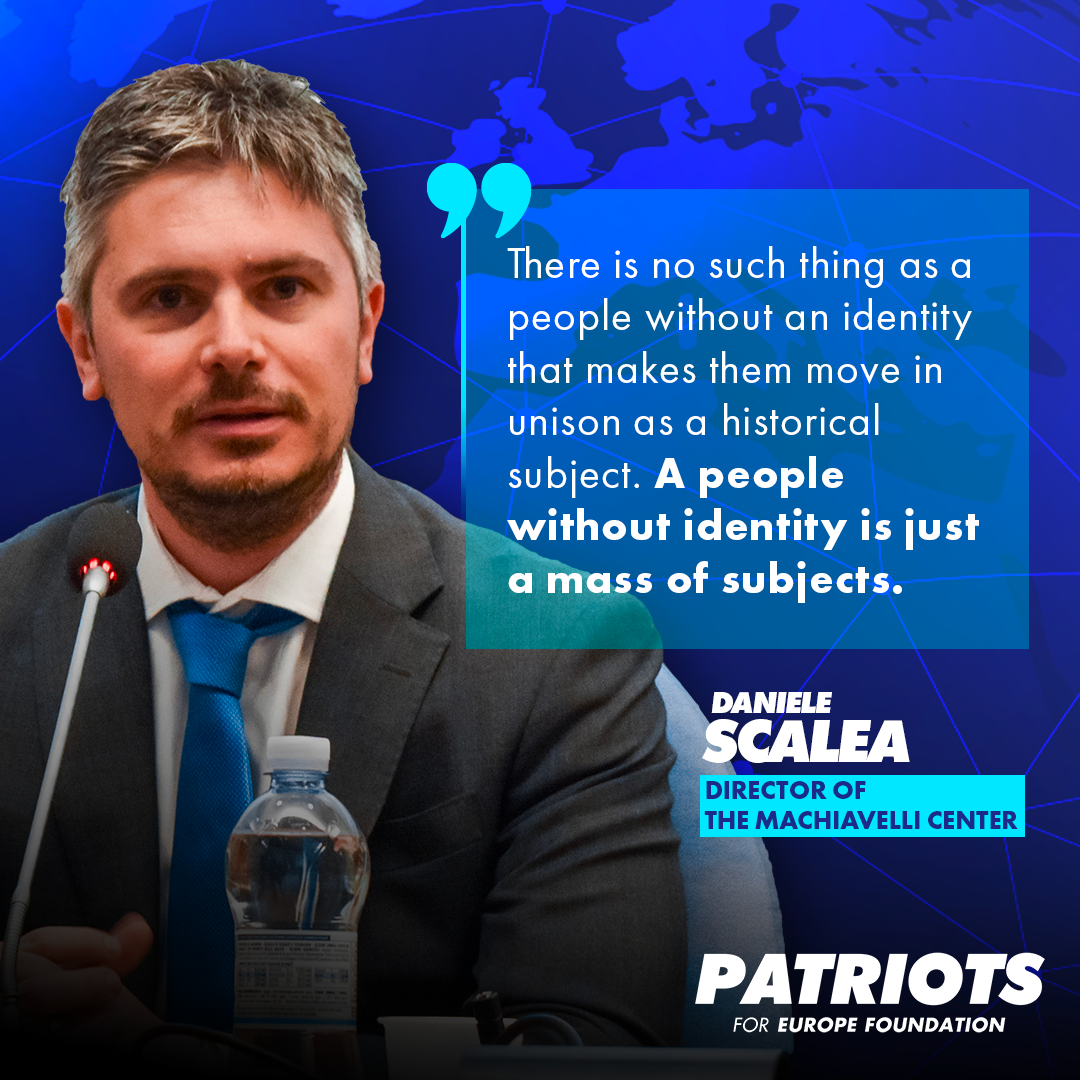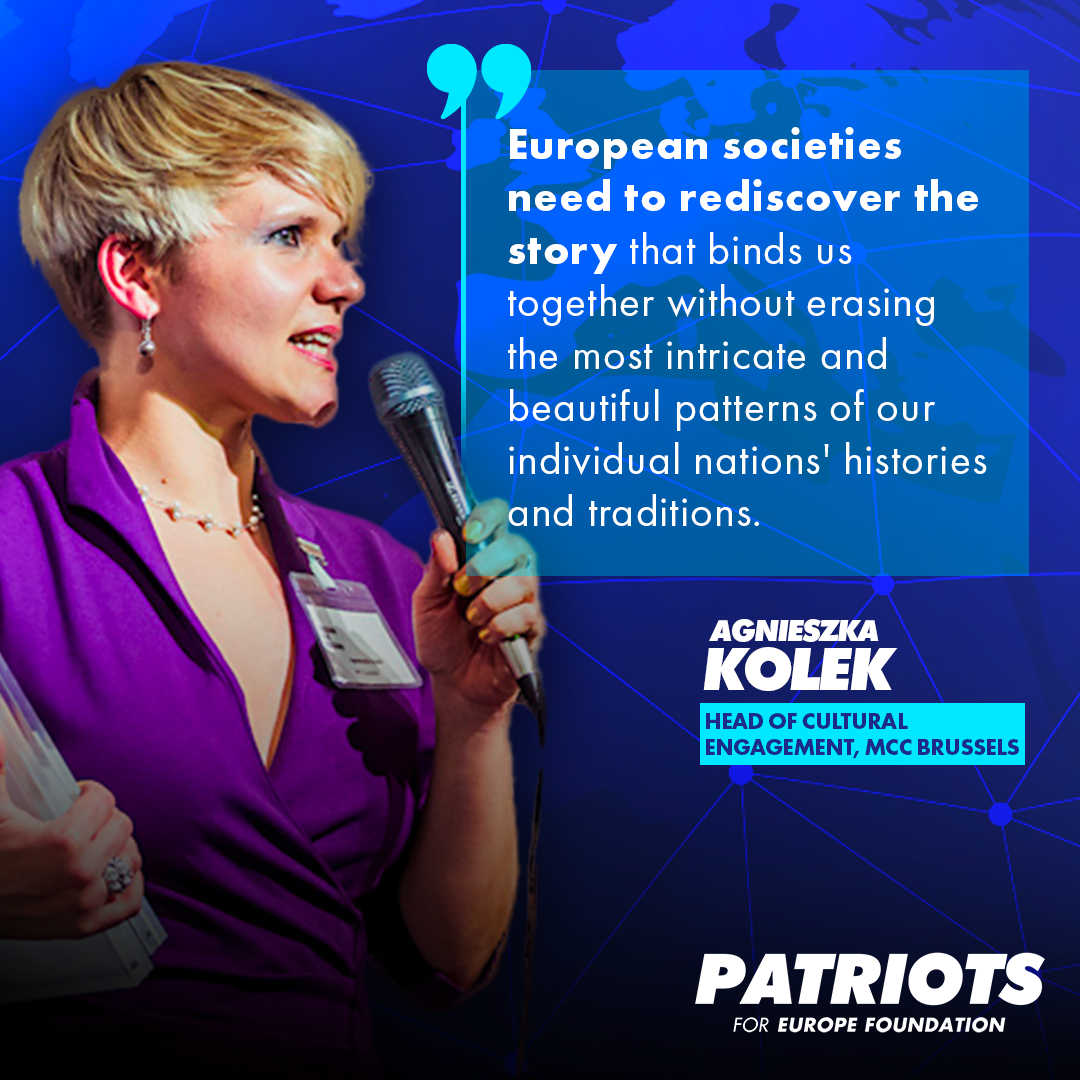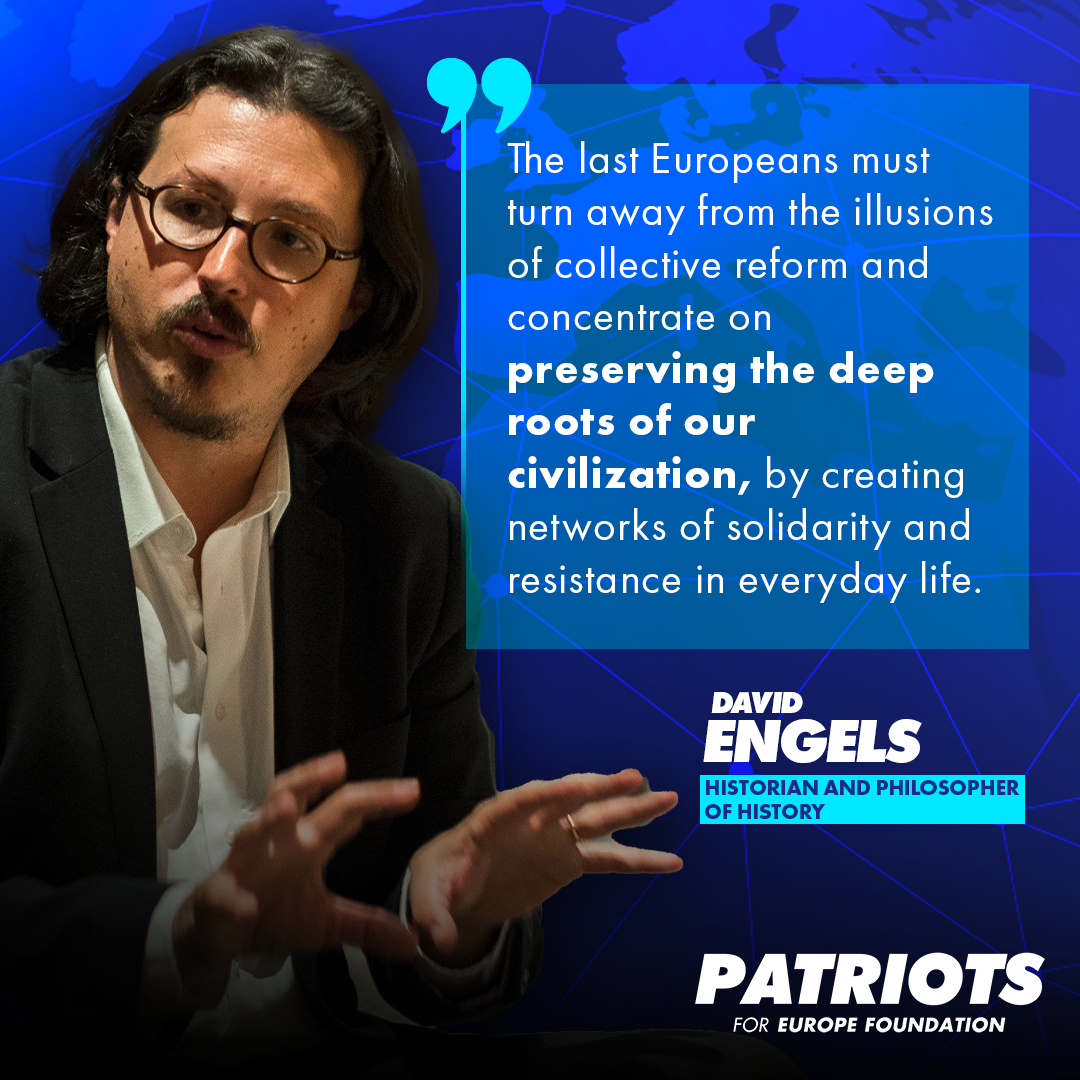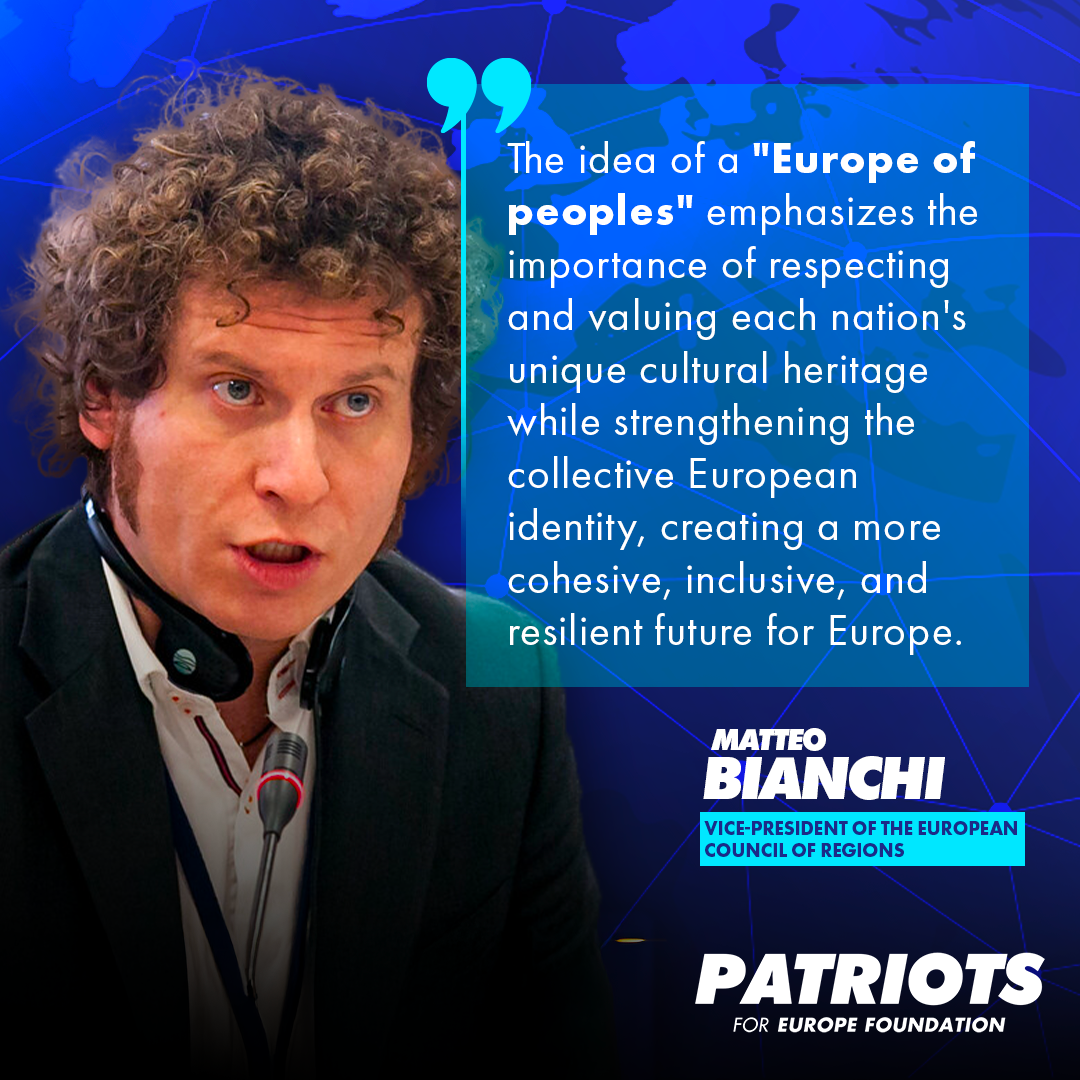In an era where globalization and supranational governance increasingly challenge national sovereignty, the question of identity has become central to political and cultural debates across Europe. The idea of a “Europe of nations” stands in opposition to a homogenized European identity, emphasizing the preservation of distinct national cultures, traditions, and histories. The weakening of national legitimacy over the past decades has raised concerns among thinkers and policymakers about the future of European nations and their ability to safeguard their unique identities.
Rethinking Identity: Philosophy and History in the European Nations
Historian and philosopher David Engels argues that “true identity is not a set of abstract values, but a dynamic blend of cultural and historical elements that animate life.” He warns against the illusion of collective reform and emphasizes the necessity of preserving each nation’s civilizational heritage through networks of solidarity and resistance in everyday life. According to Engels, the task at hand is “not to build a new identity, but to understand and assume the cultural and historical identity that each European nation carries within itself.”
The historical erosion of national legitimacy will also be examined by Guillermo Graíño, Fellow at the Disenso Foundation. He highlights how, since the end of World War II, the national principle of legitimacy has been systematically discredited due to its association with past excesses. However, he contends that the post-war cosmopolitan model of legitimacy has failed to offer a sustainable alternative. Graíño’s intervention will explore the dialectical relationship between national identity, particularity, and universality, advocating for a restoration of national legitimacy without returning to historical nationalist excesses.




National and Local Identities: Pillars of Sovereignty in Europe
Daniele Scalea, director of the Machiavelli Center, asserts that “there is no such thing as a people without an identity that makes them move in unison as a historical subject. A people without identity is just a mass of subjects.” His remarks underline the need for strong national identities as the foundation of any viable European project.
Similarly, Agnieszka Kolek, Head of Cultural Engagement at MCC Brussels, stresses the importance of narrative and shared memory in shaping national cohesion: “European societies need to rediscover the story that binds us together without erasing the most intricate and beautiful patterns of our individual nations’ histories and traditions.” Her perspective highlights the necessity of embracing national diversity as a source of strength rather than division.
Matteo Bianchi, Vice-President of the European Council of Regions, reinforces this vision by advocating for a “Europe of nations”, one that respects and values each country’s unique cultural heritage while reinforcing the diversity of national identities. According to Bianchi, identity is “a key concept in shaping tomorrow’s Europe by fostering unity through diversity and promoting shared values.”
A Defining Debate for the Future of European Nations
As Europe grapples with cultural, political, and demographic shifts, the question of national identity remains at the heart of the continent’s future. This topic will be the focus of a specific conference organized by the Patriots for Europe Foundation in partnership with the Machiavelli Center, taking place on March 29th, 2025, in Varese, Italy. The event will provide a platform for critical discussions, challenging the dominant narratives and proposing alternative visions of European cooperation rooted in the preservation of national traditions and sovereignty.
Through engaging debates and high-level interventions, the Patriots for Europe Foundation and the Machiavelli Center aim to reaffirm the importance of national identities, ensuring that each nation can preserve its cultural heritage while cooperating within Europe.

